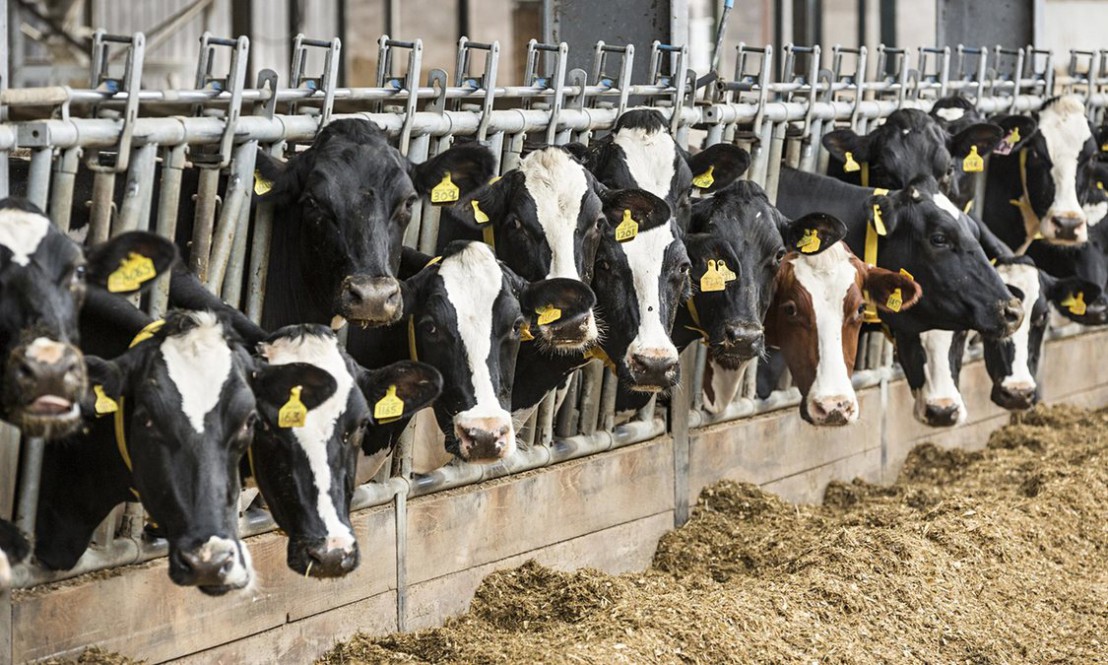‘Huge growth opportunities for agri-food exports’: How the EU-Japan trade deal will benefit EU food
Food Navigator | 18 July 2018
‘Huge growth opportunities for agri-food exports’: How the EU-Japan trade deal will benefit EU food
By Katy Askew
The European Union and Japan signed a landmark agreement that is expected to
boost trade in agri-food products at the EU-Japan Summit in Tokyo yesterday (17
July). FoodNavigator analyses the implications for the European food sector.
Japan is already the fourth largest market for EU agri-food exports and Europe rants third in food imports to Japan after the US and China. But under the current system, European exporters face some significant barriers to trade. All that is set to change under the terms of the new trade deal inked between Japan and the EU.
“This agreement represents the most significant and far reaching deal ever concluded by the EU in agri-food trade. It will provide huge growth opportunities for our agri-food exporters in a very large, mature and sophisticated market,” Commissioner for Agriculture
and Rural Development Phil Hogan commented.
Currently Japan imposes high tariffs on imports of these and other European food and drink products. Tariffs include:
• 30-40% on cheese
• 38.5% on beef
• 15% on wine
• Up to 24% on pasta
• Up to 30% on chocolate
Cutting tariffs and red tape
The EU-Japan Economic Partnership Agreement (EPA) will provide the EU food and beverage sector with easier access to Japan’s sophisticated consumer goods market and its 127m wealthy consumers. It aims to open up the market by reducing red tape and cutting – or eliminating – tariffs.
The agreement will see Japan eliminate tariff charges on 90% of agricultural imports from day one of its implementation. Where products are too "sensitive" for tariffs to be fully removed, the agreement will reduce duties and increase duty free quotas.
The EU-Japan Economic Partnership Agreement:
• will remove immediately tariffs on wine
• will slash Japanese tariffs on EU exports of pork – the EU’s most important agricultural export to Japan by value
• will cut Japanese tariffs on beef
• will open up Japan’s market for European cheeses
• will increase Japanese quotas for EU exports of malt, potato starch, skimmed milk powder, butter and whey.
• will open up trade in processed foods such as pasta, chocolates, confectionary and biscuits. EU exports of such products to Japan are worth half a billion euro a year
This is expected to make European imports more affordable and appealing to Japanese consumers, who already appreciate the region’s reputation for food quality.
The deal also looks to cut red tape and clarify Japanese rules and regulations, which can sometimes be unclear for European exporters.
Protecting Geographical Indications
While the deal aims to liberalise access to the Japanese market, it also wants to protect Europe’s highvalue distinctive regional products, such as Roquefort cheese, Balsamic vinegar from Modena, Spanish Manchego cheese and Irish whiskey.
Japan will recognise more than 200 European Geographical Indications chosen by EU Member States for their actual or potential export value in the Japanese market. Only products with this status would be allowed to be sold in Japan under the corresponding name, meaning that countries who do not recognise European GIs – such as the US – could find themselves unable to export certain items to Japan.
The European Commission said European consumers can also be confident that food imports from Japan are of a high quality. The country’s regulations are already above international standards. Like the EU, Japan has strict controls on GMOs and does not allow the use of hormones in beef
EU food sector welcomes progress
Europe’s food makers welcomed the progress of the EPA and called for the “swift and successful ratification of the agreement”.
Trade bodies representing Europe’s food and farming interests - Copa and Cogeca, CELCAA and FoodDrinkEurope – said the agreement is an “important step towards reinforcing the relations with one of our key trade partners”.
In a joint letter, the organisations noted: "The EU-Japan EPA comes with high expectations, both in terms of tariff reduction and removal of non-tariff barriers to trade, which are expected to create significant opportunities for European exports of agricultural products, food and drinks.
“The trade agreement is of strategic importance as it will strengthen the sector’s competitive position in the dynamic and growing Asia-Pacific region. Further to the positive EU trade diplomacy efforts in Asia, this agreement will complete the picture of successfully negotiated trade agreements in the region such as EU-South Korea and forthcoming ones with Singapore and Vietnam.”






